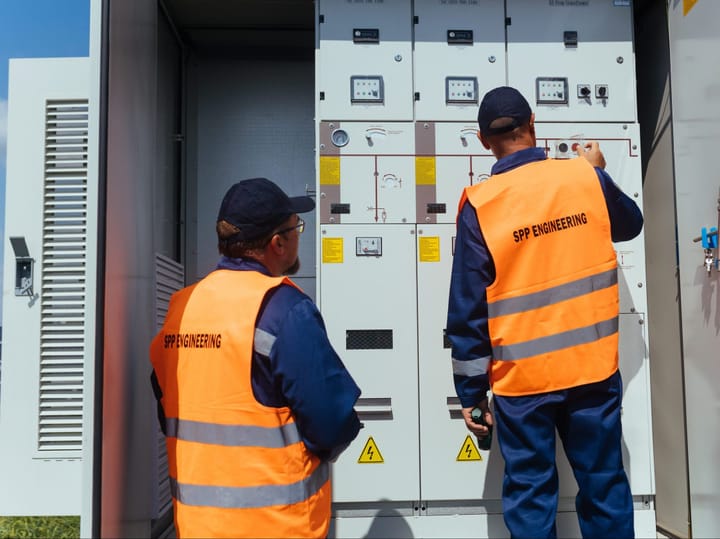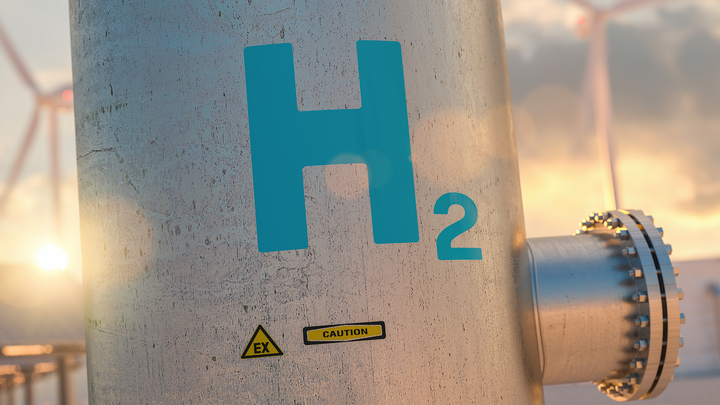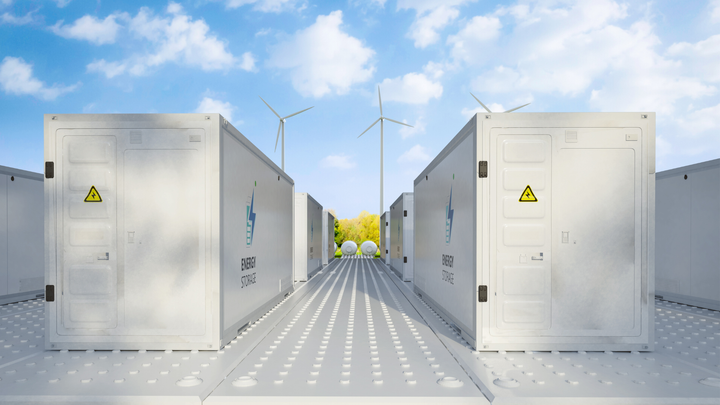Solaris Secures Major Hydrogen Bus Order from Germany's RVK and WSW

Solaris, a leading Polish bus manufacturer, has secured a substantial order for its hydrogen-powered buses from German public transport operators Regionalverkehr Köln GmbH (RVK) and Wuppertaler Stadtwerke (WSW). The deal, valued at approximately 20 million euros, marks a significant milestone in the transition towards sustainable public transportation in Germany.
Under the agreement, Solaris will deliver 25 units of its Urbino 12 hydrogen buses, with RVK receiving 15 buses and WSW taking 10. The Urbino 12 hydrogen bus is renowned for its cutting-edge technology and environmental benefits. It features a hydrogen fuel cell that generates electricity to power the bus, emitting only water vapor as a byproduct. This makes it an ideal solution for cities aiming to reduce air pollution and carbon emissions.
The hydrogen buses will be equipped with Solaris High Power Battery, which stores energy recovered during braking. This energy can be used to support the fuel cell during peak power demands, enhancing the overall efficiency of the vehicle. Additionally, the buses will have a range of up to 350 kilometers on a single refueling, making them suitable for all-day operations on urban and suburban routes.
The collaboration between Solaris and the German operators is part of a broader initiative to integrate hydrogen technology into public transport networks across Europe. Both RVK and WSW have been at the forefront of adopting eco-friendly transportation solutions. This order further underscores their commitment to sustainability and innovation.
Solaris, part of the CAF Group, continues to expand its presence in the European market with its diverse portfolio of environmentally friendly buses, including electric, hybrid, and hydrogen models. The company's latest hydrogen bus delivery is scheduled for completion by the end of 2024, with plans for further expansion in the coming years.
This landmark order not only strengthens Solaris' position in the hydrogen bus market but also sets a precedent for other European cities to follow in the pursuit of cleaner, greener public transport solutions.




